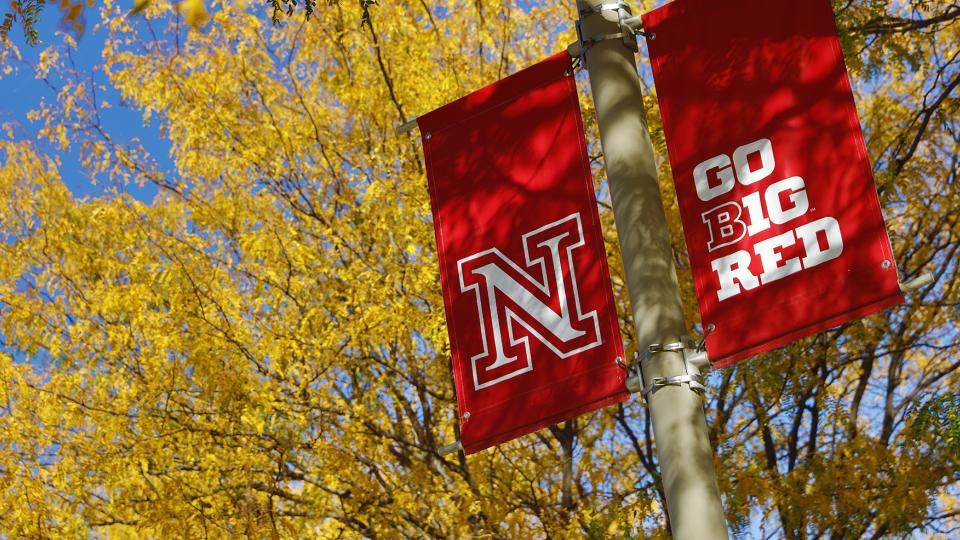
A student government initiative will result in the University of Nebraska–Lincoln eliminating the use of polystyrene — also known as Styrofoam — for food packaging in 2016.
The Association of Students of the University of Nebraska spurred the sustainability measure with the Oct. 5 passage of a bill encouraging the elimination of Styrofoam food packaging on campus. The bill was the culmination of a 2014 challenge led by Seamus Mulcahy, a junior political science and environmental studies major and member of ASUN's environmental sustainability committee.
A member of the student government group in the 2014-2015 academic year, Mulcahy learned how a member of ASUN's Freshman Campus Leadership Associates had tried to eliminate Styrofoam from the Nebraska Unions. He set the issue as an individual priority after researching the topic further.
"I realized just how bad it is to the environment being non-biodegradable and non-recyclable," Mulcahy said. "It's also a petroleum product, furthering our dependence on oil. And, according to the EPA and U.S. Health Department, it's also bad for our health, containing a potential carcinogen.
"If it is bad for the environment and bad for our health, why would we keep it around?"
In February, Mulcahy launched Foam Free UNL. The project is designed to educate about Styrofoam and asks UNL students and groups to make a pledge to stop using the material both on and off campus.
To date, more than 400 students, alumni, faculty and staff have signed the pledge.
In March, ASUN passed legislation that halted the organization from funding the use of Styrofoam. A suggested amendment to the bill would have recommended that UNL remove Styrofoam food containers from UNL in future years. The amendment — which failed because ASUN leaders decided the measure merited a separate bill — led to the Oct. 5 legislation.
"This student government-led effort fits perfectly into UNL's mission to adopt sustainable measures across campus," said Chancellor Harvey Perlman. "I applaud the students for raising this issue. This initiative will have a positive influence on campus almost immediately. It is strongly supported by me and our vice chancellors."
UNL officials have discussed the measure with campus departments, units and retailers. The university will allow the use of existing inventories of Styrofoam items before the campus transitions to other options, primarily paper-based products. After Jan. 1, no university funds will be allowed to purchase Styrofoam products for food service.
"It feels really good to have the administration making this a priority," said Mulcahy, who is studying in Sweden during the fall semester. "It really seems like this is an issue the entire campus community can come together over.
"This is something we are taking very seriously and I have no doubt that UNL will have no problems transitioning away from using single use expanded polystyrene foam food containers."
For more information on ASUN's Foam Free UNL initiative, visit http://www.foamfreeunl.com/.
— Troy Fedderson, University Communications
More details at: http://www.foamfreeunl.com/